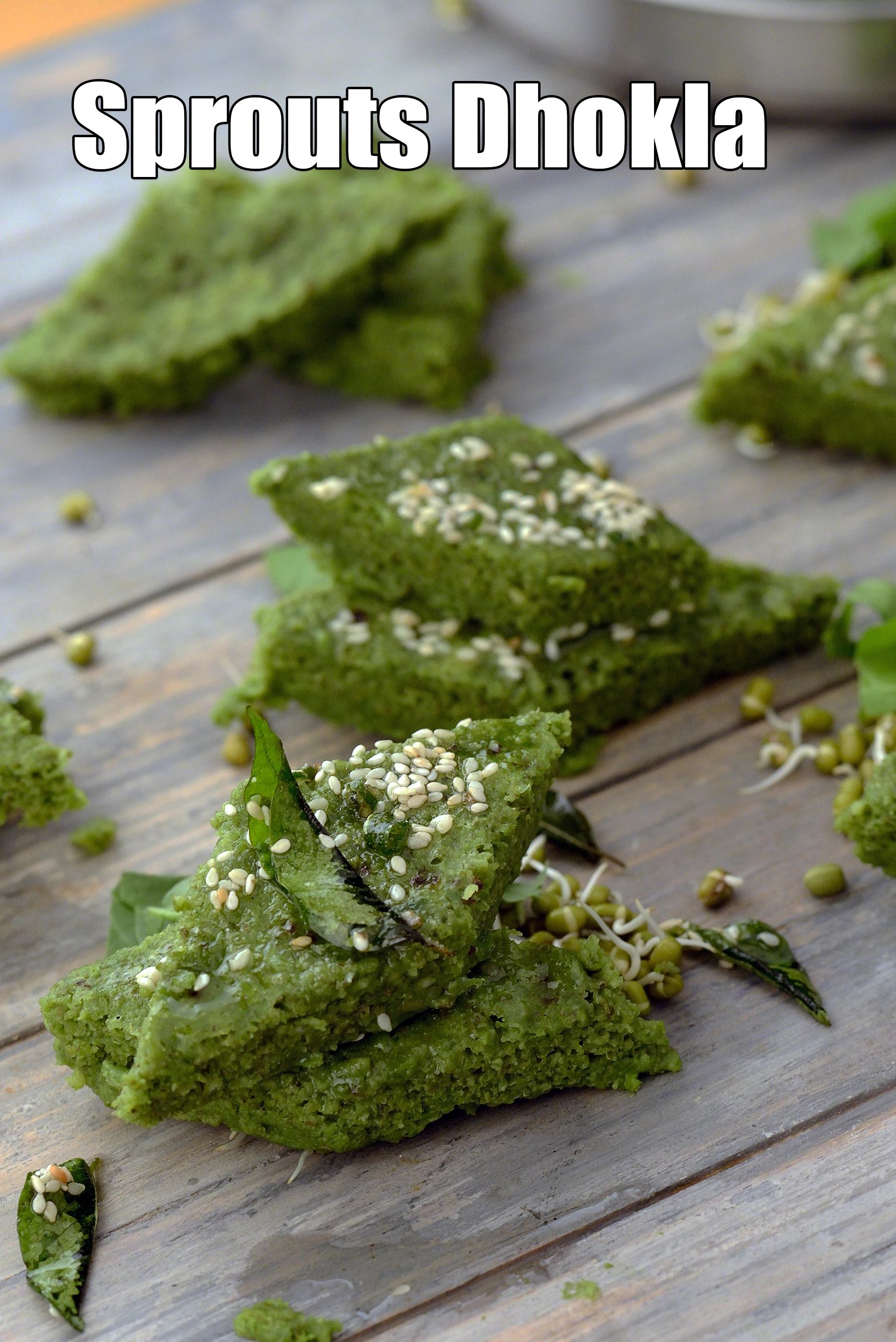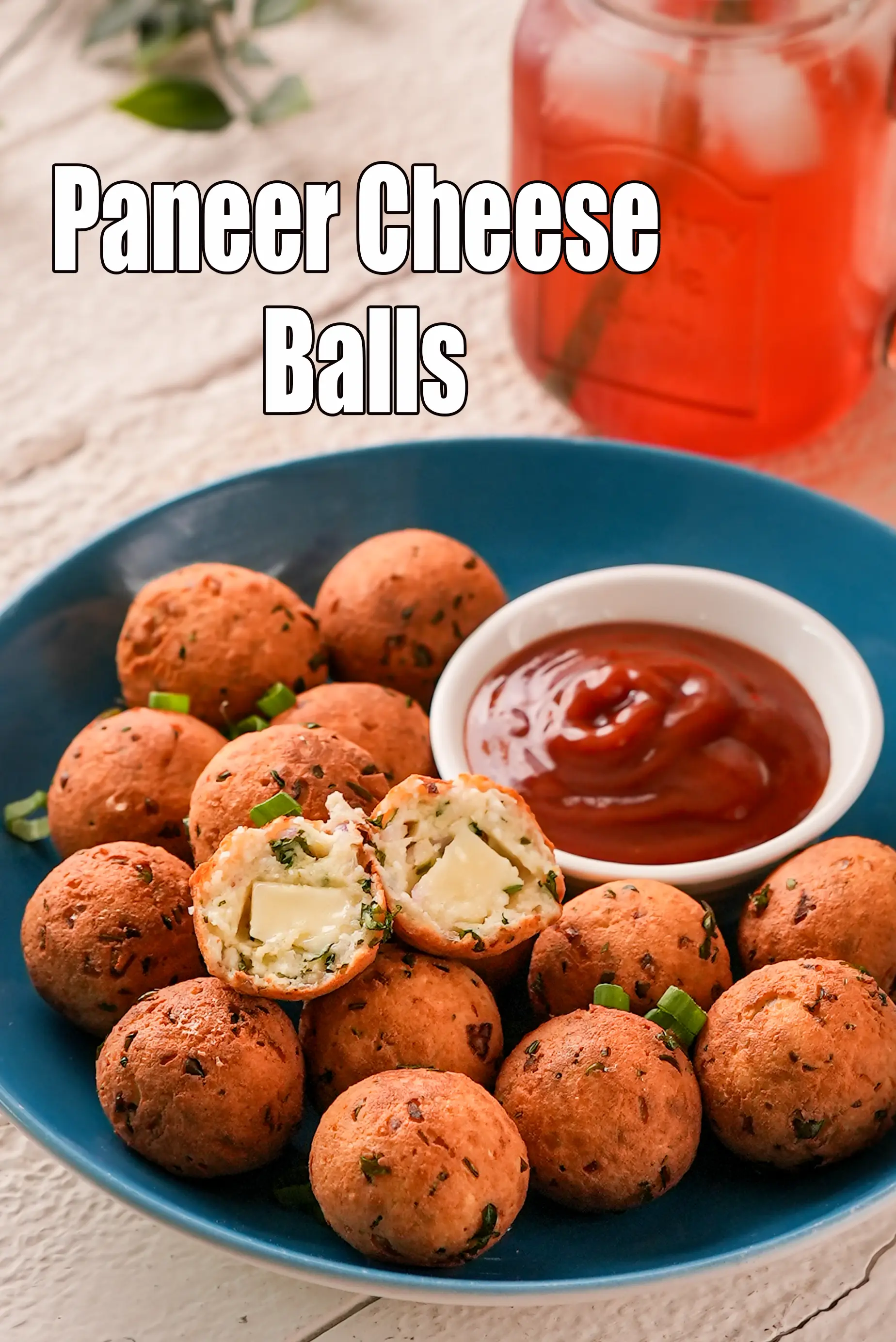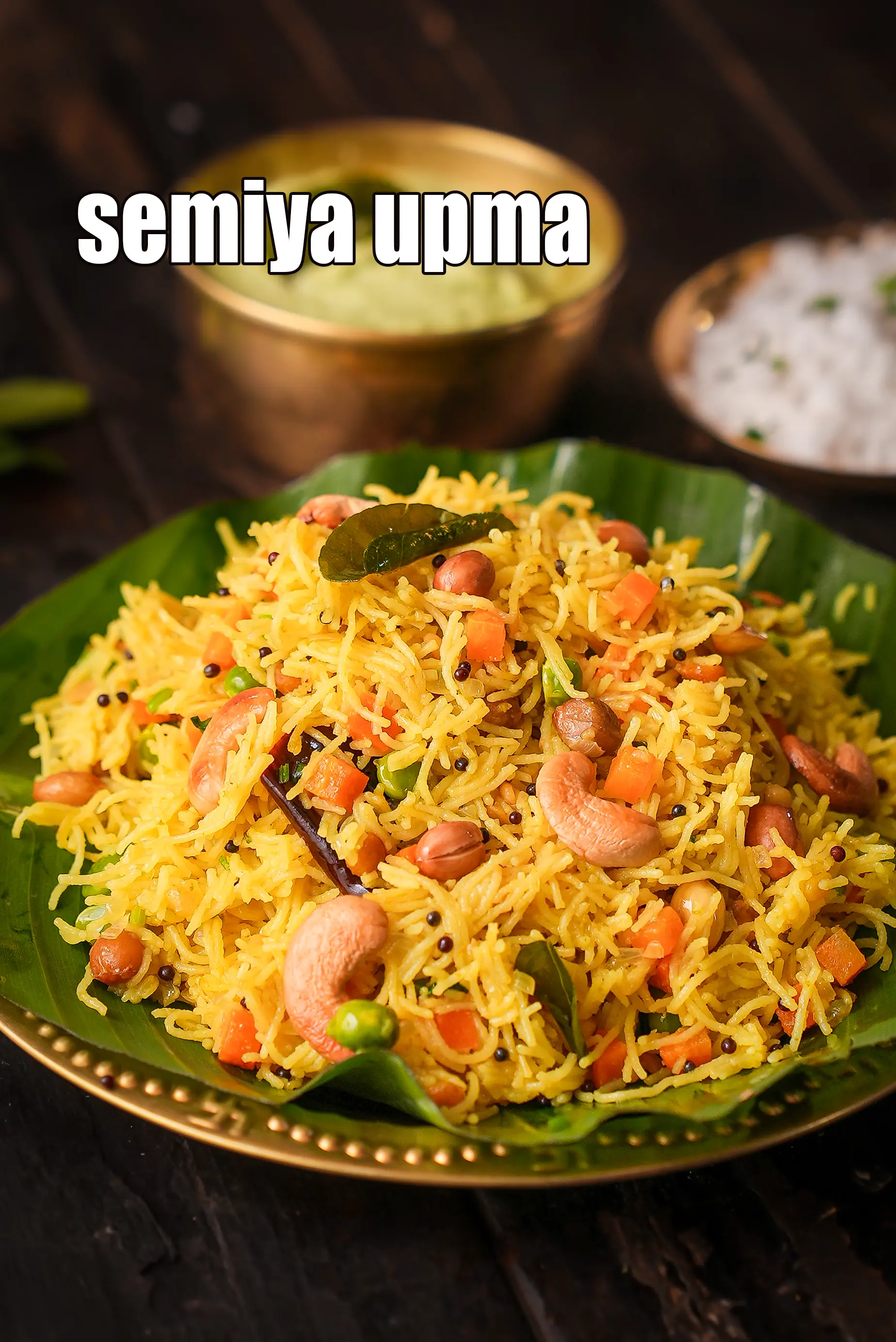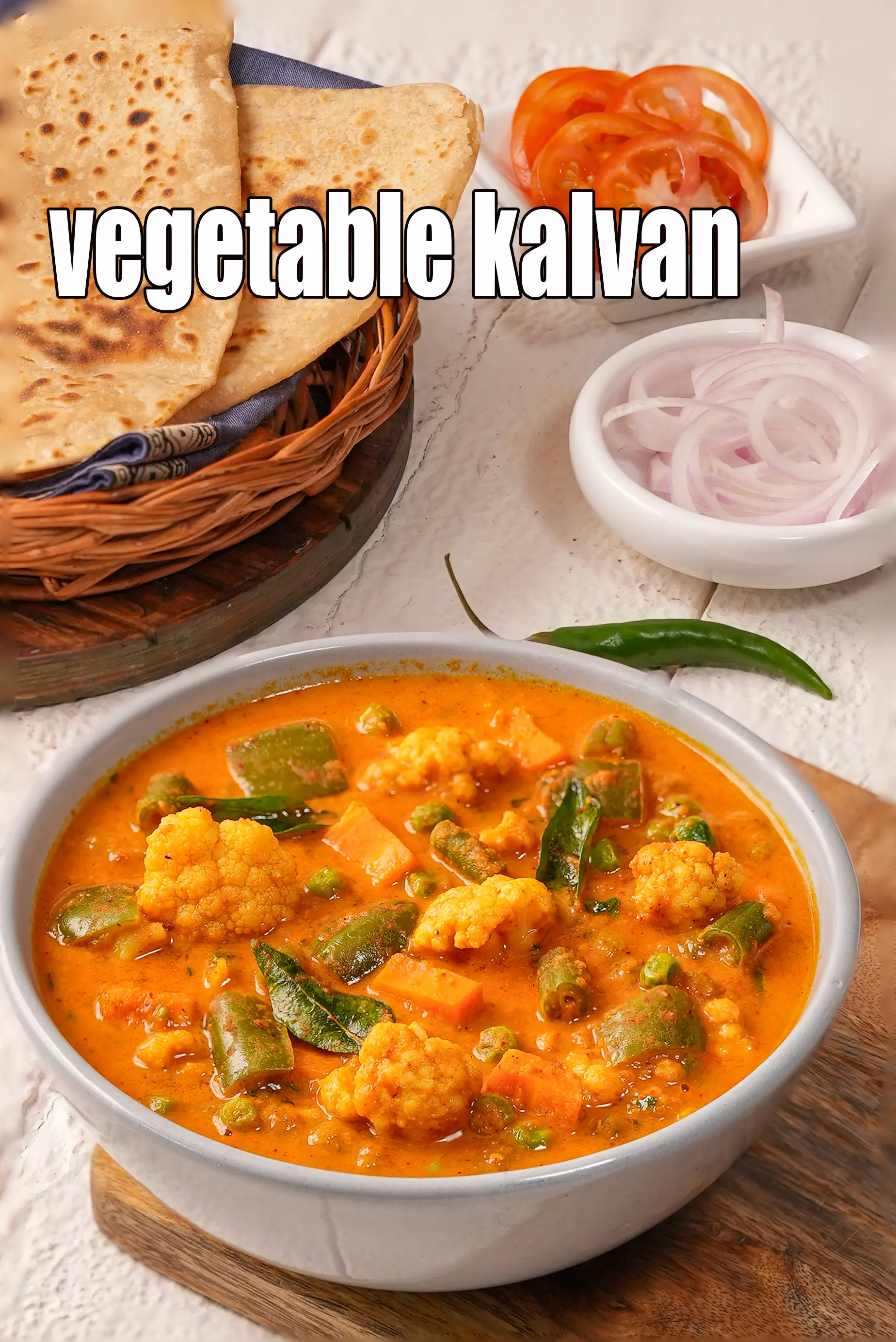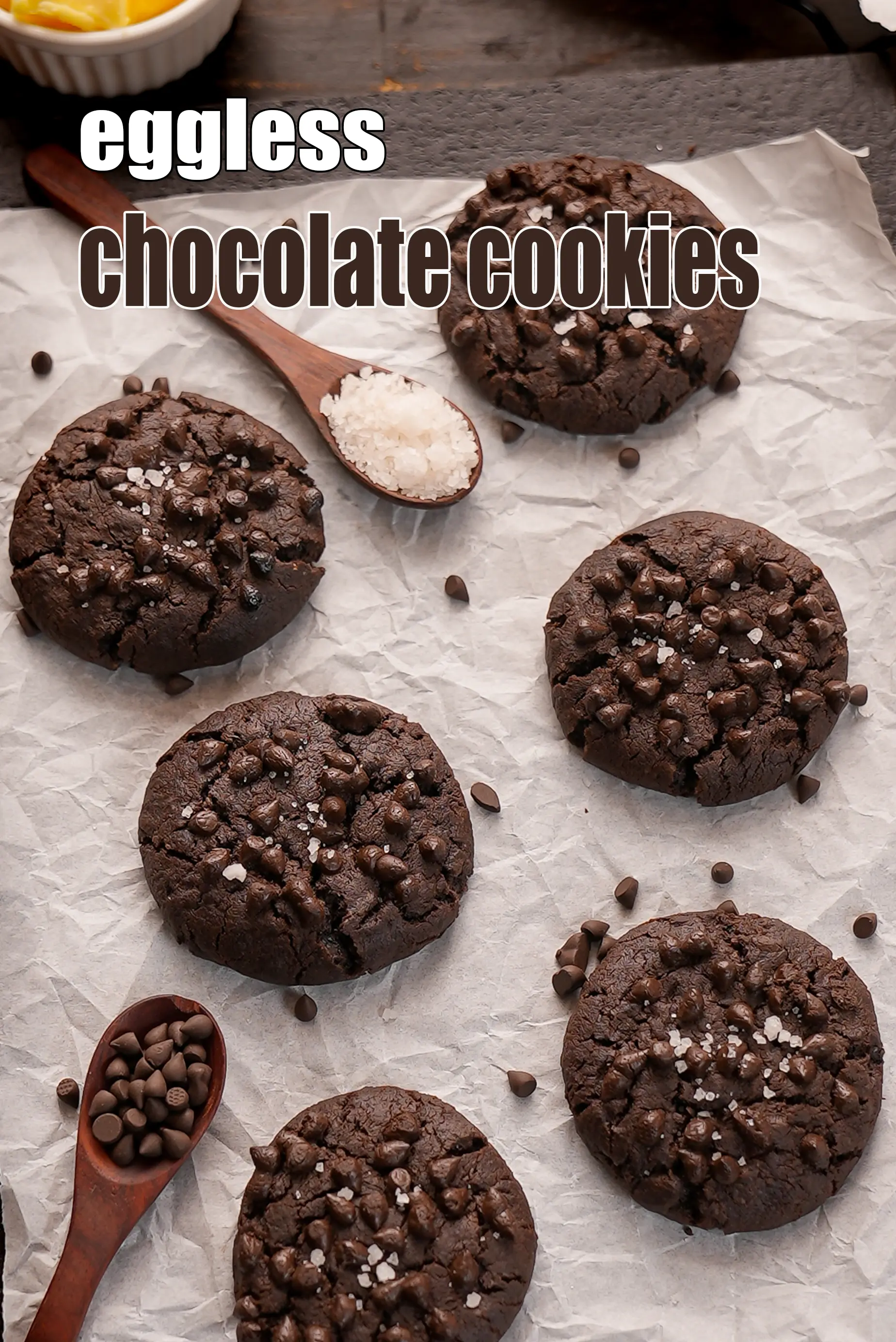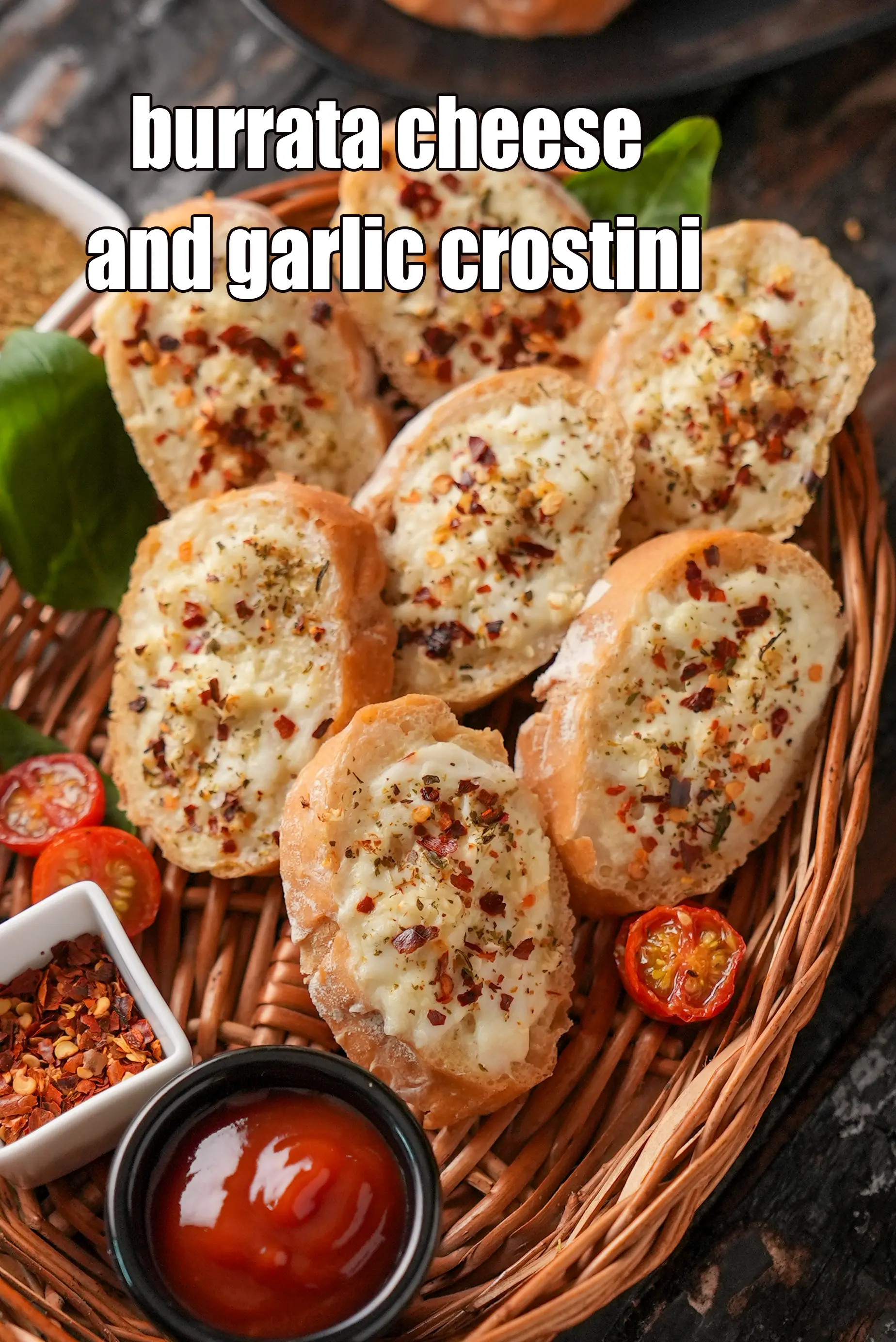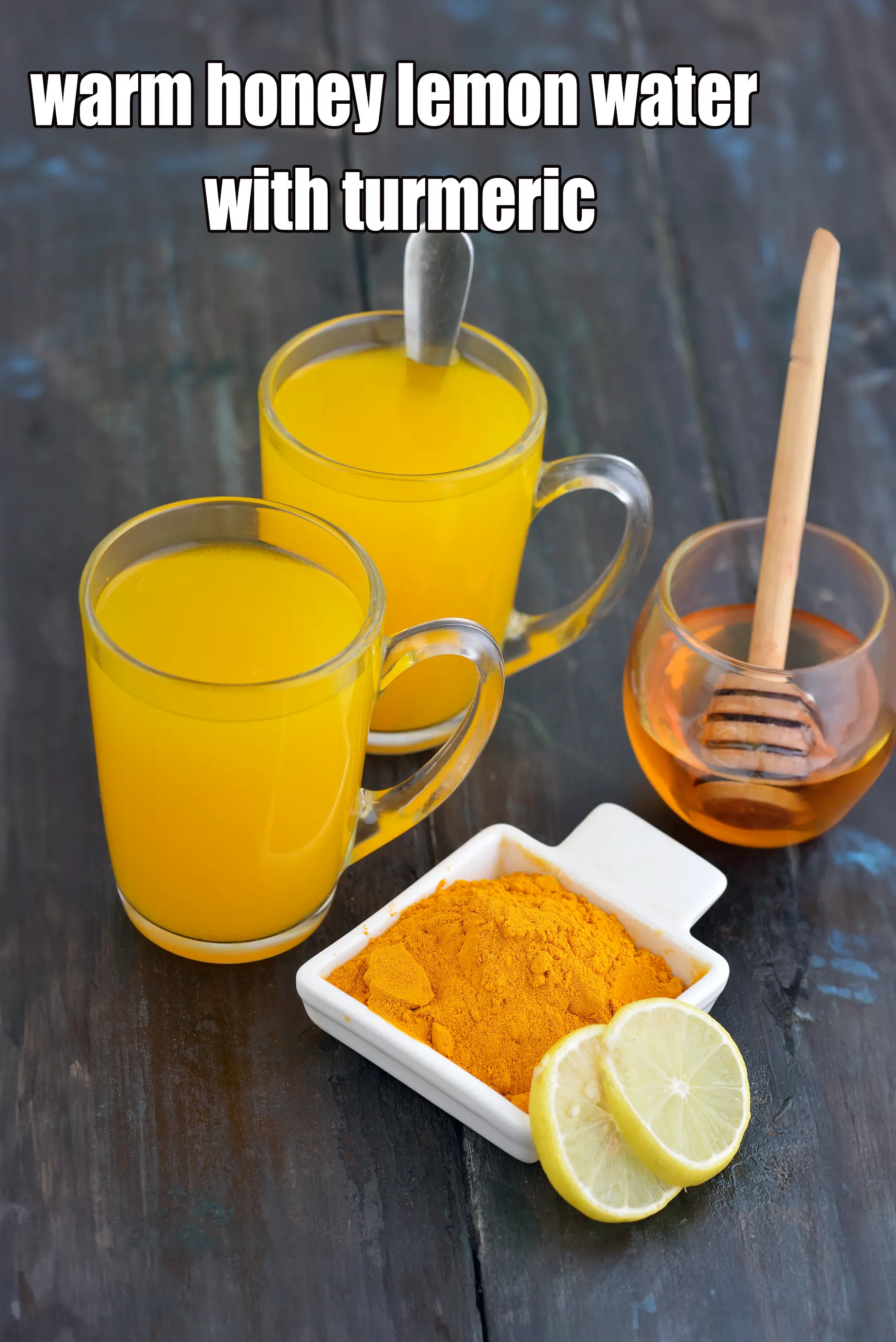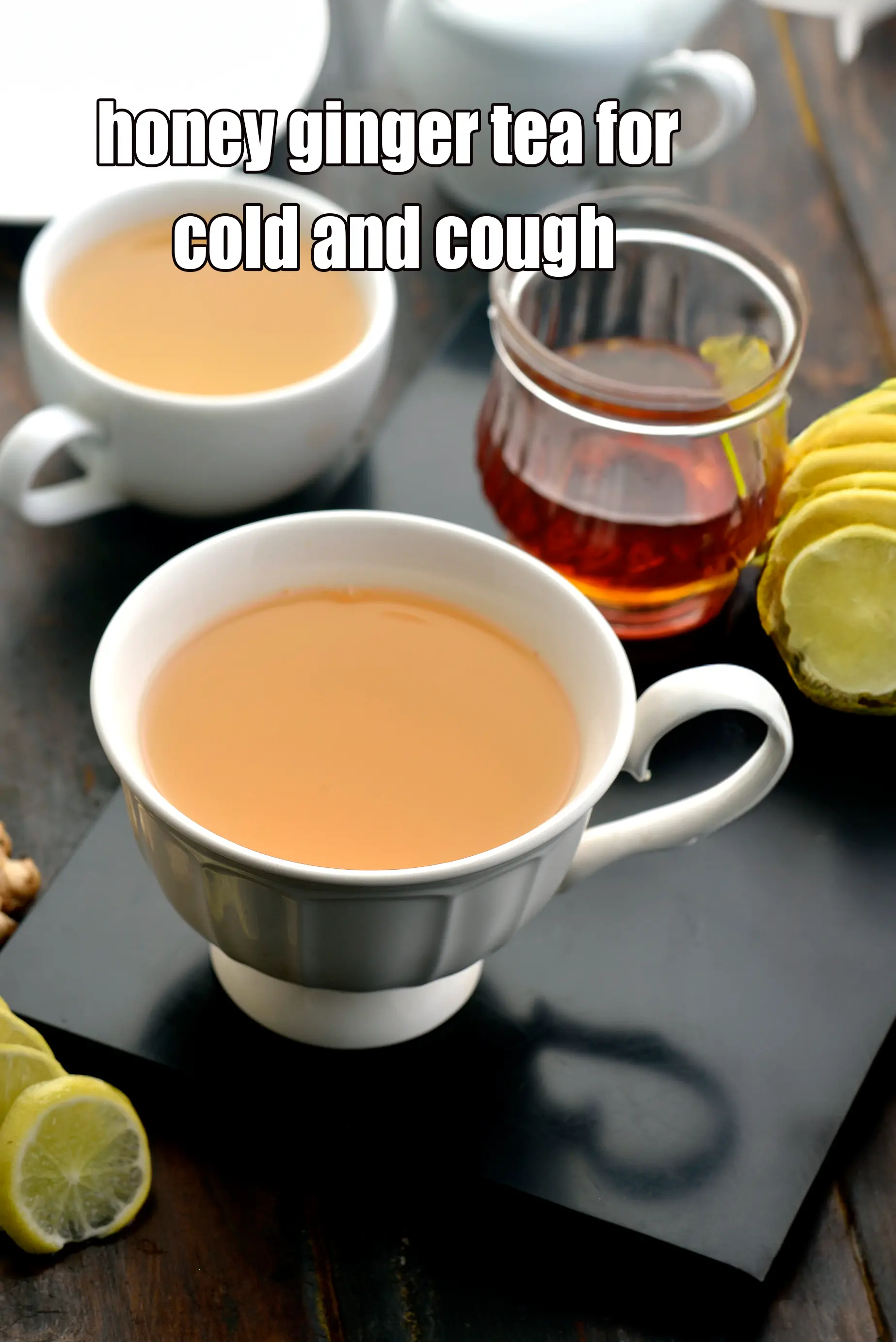This category has been viewed 43801 times
Kids Recipes > Cereals and Pulses for 8 to 9 months Baby
5 Cereals And Pulses For 8 To 9 Months Baby Recipes
Last Updated : 26 November, 2024

Table of Content
Cereals and Pulses for 8 to 9 months Indian Baby
Introducing more cereals and pulses
Cereals and Pulses for 8 to 9 months Indian Baby. Other cereals and pulses such as wheat, ragi, bajra, jowar, bulgur wheat, moong etc. can be added once your baby starts accepting semi-solid foods. Add a teaspoon or two of butter or ghee to these foods, as these are a rich source of energy.
A great start can be made with Bajra Porridge for babies and Jowar Ragi and Date Porridge for babies which is an unusual and yummy porridge to initiate your baby to this diet. Begin with one to two teaspoons and gradually increase the quantity to about 1/2 to 3/4 cup.
Gradually, try a combination of cereal and pulse, such as rice and moong dal in the form of khichdi. Your baby would best accept a well-mashed khichdi, which will be easier for her to swallow and digest. Serve Moong Dal Khichdi for babies and watch your baby happily gurgle it down.
Salt and spice
It is advisable to continue avoiding salt in your baby's meals at this stage too. However, your baby may also be able to handle a moderate amount of spices in her diet by now.
Temper her meals with subtle spices and condiments like asafoetida (as it aids in digestion), pepper powder and fresh herbs so that she develops a taste for them, like we have added in the recipe of Carrot and Moong Dal Soup for babies.
.webp) Carrot and Moong Dal Soup for Babies and Toddlers
Carrot and Moong Dal Soup for Babies and Toddlers
Some babies may just love this addition to their meals and happily consume spicy foods like onion, garlic and ginger too after 8 months, while others may find even a simple carrot indigestible. Introduce spices to your baby's meals only gradually.
Newer textures
Newer textures and flavours can also be introduced in the form of vegetable purées like Apple Stew for babies, Cauliflower and Broccoli Puree for babies, Banana and Jowar Sheera for babies, Walnut and Paneer Puree etc.
.webp) Cauliflower Broccoli Mash for Babies
Cauliflower Broccoli Mash for Babies
Start with purées and dal mash in the beginning of the eighth month, and in the ninth month gradually transition to combinations like Coriander Curd Rice for babies and Moong Dal Khichdi for babies which are blended to give a texture somewhere between mashed food and normal cooked food.
.webp) Curd Rice for Babies and Toddlers
Curd Rice for Babies and Toddlers
Malted foods
To meet the increased demands of calories and protein of your growing baby, you can also start with malted porridges that are made with different grains like wheat, ragi, bajra, jowar etc. The process of malting involves soaking the grain overnight, draining the water and tying them in a muslin cloth to allow them to sprout for two days.
Finally, dry roast the grains on a tava and then grind into a flour. This process converts the starch present in these grains to amylose due to the increased production of an enzyme called amylase and hence it gets the name Amylase Rich Food (ARF). This conversion makes thinner porridge and enables your baby to eat more. Flip the pages and try out recipes like Nutritious Sprouts and Banana Porridge.
.webp) Nutritious Sprouts and Banana Porridge ( Baby and Toddler)
Nutritious Sprouts and Banana Porridge ( Baby and Toddler)
Try your hand at this porridge as the first meal of the day every morning to ensure your baby gets enough nutrients to be active throughout the day. It is even great to carry with you if you are going to be travelling with your baby as it makes a nutritious and hygienic meal for your little one. You can also add these flours to the baby's soups and dals to make her meals more nutritious.
Teething troubles
By around this time, your little one may drool and be irritable at times and chances are that she's teething. This is also a great opportunity for her to start learning eating techniques like biting and chewing. As your baby starts growing teeth, she will want to nibble at anything that comes in her way.
She may be irritable and refuse food, wanting to bite on hard objects. This is the time when you have to be careful and alert to take care not to keep any sharp objects within your baby's reach as they can hurt her. Give your baby finger foods like a small piece of carrot or cucumber to nibble. These will help soothe your baby’s gum irritation.
Your baby may also start showing signs of independence and will want to hold on to foods. Supervise carefully while your baby is chewing on such foods as she can gulp a big piece down and may choke on it.
During the teething months, sometimes babies may show signs of indigestion or vomiting. This is usually a result of chewing on all kinds of things to ease gum irritation. Sterilize all the toys that your baby is likely to chew on.
Be careful that your baby does not eat any uncovered food to relieve her irritation, as it may be unhygienic and cause digestive problems like diarrhoea and dysentery. Please do not panic and do consult your paediatrician at such times.
Enjoy our Cereals and Pulses for 8 to 9 months Indian Baby and other baby recipes articles below.
1. Recipes for Toddlers (1-3 Years)
2. Recipes for 8 to 9 months Babies

how to make pear juice recipe | fresh pear juice | homemade pear juice | pear juice for … More..
Recipe# 6985
06 December, 2024
calories per serving
apple stew for babies | stewed apples for babies | apple puree for babies | soft food for … More..
Recipe# 6282
06 December, 2024
calories per serving
jowar porridge recipe for babies | jowar flour porridge of babies | sorghum porridge for babies | how … More..
Recipe# 5884
06 December, 2024
calories per serving
Here is a fantastic porridge of sprouted cereals and pulses, sweetened naturally with mashed banana! Toasting the sprouts … More..
Recipe# 3040
06 December, 2024
calories per serving
walnut paneer puree for babies | paneer puree for babies and kids | how to make paneer puree … More..
Recipe# 6286
06 December, 2024
calories per serving
calories per serving
how to make pear juice recipe | fresh pear juice | homemade pear juice | pear juice for … More..
calories per serving
apple stew for babies | stewed apples for babies | apple puree for babies | soft food for … More..
calories per serving
jowar porridge recipe for babies | jowar flour porridge of babies | sorghum porridge for babies | how … More..
calories per serving
Here is a fantastic porridge of sprouted cereals and pulses, sweetened naturally with mashed banana! Toasting the sprouts … More..
calories per serving
walnut paneer puree for babies | paneer puree for babies and kids | how to make paneer puree … More..


Related Recipes
Follow US
Recipe Categories
- Vitamin B12 Cobalamin Rich Recipes 33 recipes
- Low Calorie, Weight Loss Indian Recipes 421 recipes
- Low Cholesterol Indian Recipes 307 recipes
- Healthy Indian Breakfast 372 recipes
- Indian Diabetic recipes 558 recipes
- Indian Pregnancy recipes 461 recipes
- Zero Oil Indian Recipes 133 recipes
- Iron Rich Indian recipes 267 recipes
- Healthy Indian Acidity recipes 132 recipes
- Healthy Sabzis 108 recipes
- Indian Healthy Veg Snack 275 recipes
- Healthy Heart Recipes 415 recipes
- Healthy Veg Indian Soups 74 recipes
- Calcium Rich Indian Recipes 373 recipes
- High Blood Pressure Indian Recipes 100 recipes
- Healthy Indian Salads Recipes 137 recipes
- Low Carb Indian Diet, recipes 160 recipes
- Hypothyroidism Diet 59 recipes
- Arthritis Diet 68 recipes
- Vitamin K Diet 41 recipes
- High Protein Indian recipes 93 recipes
- Fatty Liver Diet 30 recipes
- PCOS 131 recipes
- Gluten Free Veg Indian 193 recipes
- High Fiber 328 recipes
- Indian Cancer Patients 275 recipes
- Jaundice Diet 45 recipes
- Sprouts 61 recipes
- Typhoid 43 recipes
- Irritable Bowel Syndrome (IBS) 20 recipes
- Kidney Stone Diet 9 recipes
- Home Remedies 213 recipes
- Senior Citizen 195 recipes
- Diet for Dialysis 10 recipes
- Healthy Indian Drinks and Juices 213 recipes
- Gout Indian Recipes 17 recipes
- Potassium Rich 80 recipes
- Vegan 194 recipes
- Forever Young Diet, Anti Aging Indian Diet 255 recipes
- Indian recipes to treat Vomiting 7 recipes
- High in Omega 3 Fatty Acids 31 recipes
- Zinc Rich Foods 55 recipes
- Malaria Diet 17 recipes
- Vitamin B1 Rich Indian Foods, Recipes 101 recipes
- Vitamin A Rich, Beta Carotene, Retinol 87 recipes
- Antioxidant Rich Indian 445 recipes
- Low Veg Glycemic Index 86 recipes
- Lower Blood Pressure Salads 7 recipes
- Healthy Indian Dinner 85 recipes
- Magnesium Rich 94 recipes
- Vitamin C Rich Indian recipes 118 recipes
- Healthy Indian Lunch Recipes 29 recipes
- Lactation 25 recipes
- Hyperthyroidism Diet 46 recipes
- Vitamin E Rich 50 recipes
- Vitamin B3, Niacin Rich 41 recipes
- Post Surgery Diet 42 recipes
- Lower Blood Pressure Desserts Sweets 14 recipes
- Selenium 27 recipes
- Phosphorus Rich Indian Recipes, Foods 74 recipes
- Copper 15 recipes
- Foods Rich in Vitamin B2 Riboflavin 22 recipes
- Vitamin B6 Diet 36 recipes
- Vitamin B9 Rich Folate 50 recipes
- B Vitamins 231 recipes
- Manganese Diet 32 recipes
- Thalassemia 18 recipes
- Marathoners, Endurance Athletes, Triathlete 225 recipes
- Detox Water, Fruit Infused Water 42 recipes
- Lactose Free Dairy Free 22 recipes
- Omega 6 Fatty Acids 32 recipes
- Phytonutrients 51 recipes
- Chronic Kidney Disease Indian recipes 12 recipes
- Selenium1 0 recipes
- Quick Snacks / Quick Starters 385 recipes
- Quick Breakfast Indian 132 recipes
- Quick Sabzis 117 recipes
- Quick Rotis / Parathas 46 recipes
- Quick Indian Sweets 139 recipes
- Quick Stir-Fries 51 recipes
- Quick Vegetarian Indian Soups 72 recipes
- Quick Chutneys 67 recipes
- Quick Vegetarian Rice, khichdi Recipes 56 recipes
- Indian snacks under 10 minutes 44 recipes
- Quick Indian Dips, Gravies & Sauces 103 recipes
- Quick Veg Indian Pizza 17 recipes
- Quick Veg Pasta 25 recipes
- Quick Pickles / Aachar 25 recipes
- Quick Dals / quick Kadhis 29 recipes
- Snacks under 5 minutes 33 recipes
- Quick Healthy Recipes 43 recipes
- Quick Pressure Cooker 46 recipes
- Quick Desserts 48 recipes
- Quick 3 Ingredients 63 recipes
- Quick Indian Desserts 18 recipes
- Quick 4 Ingredients 41 recipes
- Quick 5 Ingredients 41 recipes
- Kids Tiffin Box 318 recipes
- Recipes for Toddlers (1-3 Years) 31 recipes
- Sweet Recipes for Kids 453 recipes
- Recipes for Baby (10 to 12 Months) 14 recipes
- Quick Indian recipes for Kids 72 recipes
- Indian Breakfast Recipes for Kids 192 recipes
- Recipes for Weaning (8 to 9 months) 20 recipes
- Healthy Foods for Kids 195 recipes
- Snack Recipes for Kids 619 recipes
- Recipes Kids can make 36 recipes
- Kids After School 794 recipes
- Kids Jar Snacks 66 recipes
- Finger Foods for Babies, Toddlers and Kids 76 recipes
- Kids Weight Gain 43 recipes
- Kids Wraps and Rolls 23 recipes
- Kids Veg Pasta 27 recipes
- Kids Brain Boosting 68 recipes
- Protein rich food for kids 69 recipes
- Recipes for Weaning 13 recipes
- Kids Pizzas 30 recipes
- Babies, Toddler and Kids Iron Rich Foods 31 recipes
- High Fiber Foods for Kids 39 recipes
- Kids Noodles 37 recipes
- Kids High Energy Indian Foods 103 recipes
- Kids Calcium Rich Indian recipes 91 recipes
- Kids Recipes for Increasing Immunity 10 recipes
- Babies recipes, 6 to 18 months 31 recipes
- Kids Weight Loss 58 recipes
- Teething Recipes for Babies 10 recipes
- Cereals and Pulses for 8 to 9 months Baby 5 recipes
- Weaning foods at 7 months 8 recipes
- Indian Teen 315 recipes
- Starters / Snacks 2137 recipes
- Indian Breakfast Recipes 819 recipes
- Main Course Recipes 925 recipes
- Indian Salads 385 recipes
- Indian Desserts , Sweets 985 recipes
- Indian Soups 249 recipes
- Indian Beverages, Indian Drinks 483 recipes
- Indian Dinner 903 recipes
- Indian Dinner1 0 recipes
- Indian Lunch 830 recipes
- Side Dishes 449 recipes
- Indian Travel Food 433 recipes
- Indian Barbeque1 recipes 22 recipes
- Frozen Foods, Indian Freezer Recipes 67 recipes
- Whole Wheat Recipes 56 recipes
- Indian Comfort Foods 212 recipes
- Dinner Menus 56 recipes
- Easy Indian Veg 70 recipes
- Innovative Indian Recipes 27 recipes
- No Cook Indian 37 recipes
- Advanced Recipes 10 recipes
- Cakes with Eggs 13 recipes
- Microwave 230 recipes
- Oven 619 recipes
- Indian Steamer Recipes 102 recipes
- Kadai Veg 406 recipes
- Indian Barbeque Recipes 43 recipes
- Sizzler tray 15 recipes
- Mixer 566 recipes
- Pressure Cooker 315 recipes
- Tava 646 recipes
- Non-stick Pan 1394 recipes
- Appe Mould 17 recipes
- Pan 223 recipes
- Indian Freezer recipes, meals 56 recipes
- Deep Pan 148 recipes
- Non Stick Kadai Veg 203 recipes
- Refrigerator 176 recipes
- Waffle Indian recipes 6 recipes
- Handi 12 recipes
- Juicer and Hopper 64 recipes
- Grill 30 recipes
- Toaster 21 recipes
- Gas Toaster 7 recipes
- Steam 72 recipes
- No Cooking Veg Indian 335 recipes
- Vegetarian baked Indian recipes 380 recipes
- Boiled Indian recipes 129 recipes
- Deep Fry 259 recipes
- Indian Tawa 266 recipes
- Shallow Fry Indian 25 recipes
- Microwave1 173 recipes
- Saute 274 recipes
- Indian Pressure Cooker 171 recipes
- Stir-fry 100 recipes
- Roasting 0 recipes
.webp)
.webp)

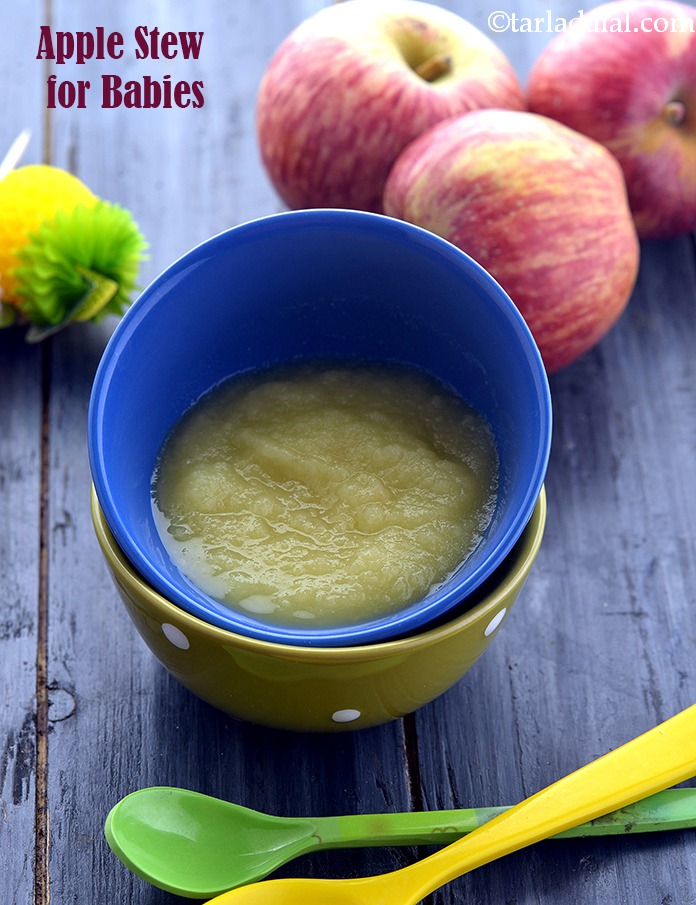
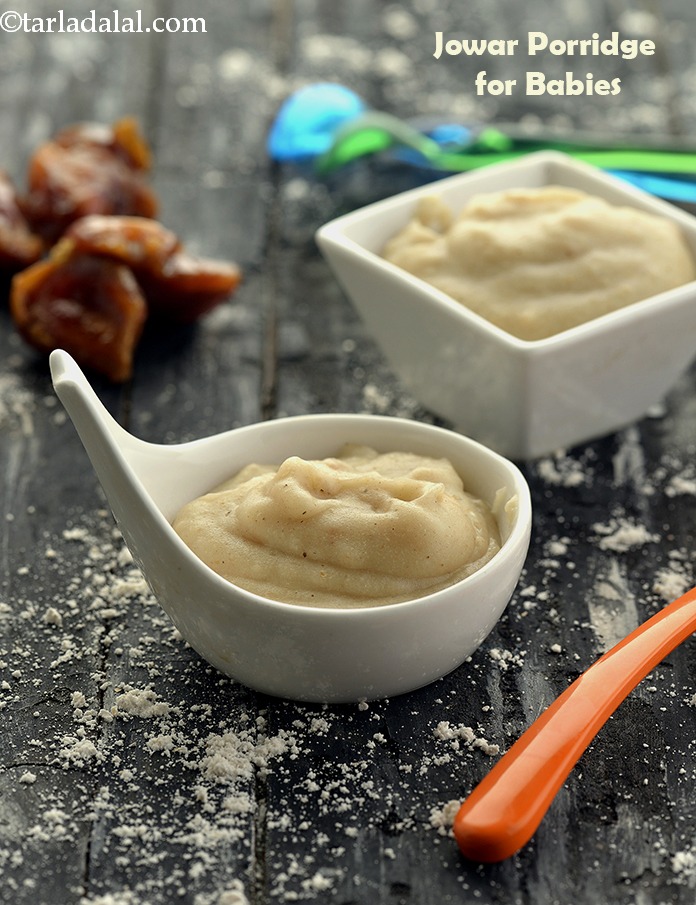
-10206.webp)

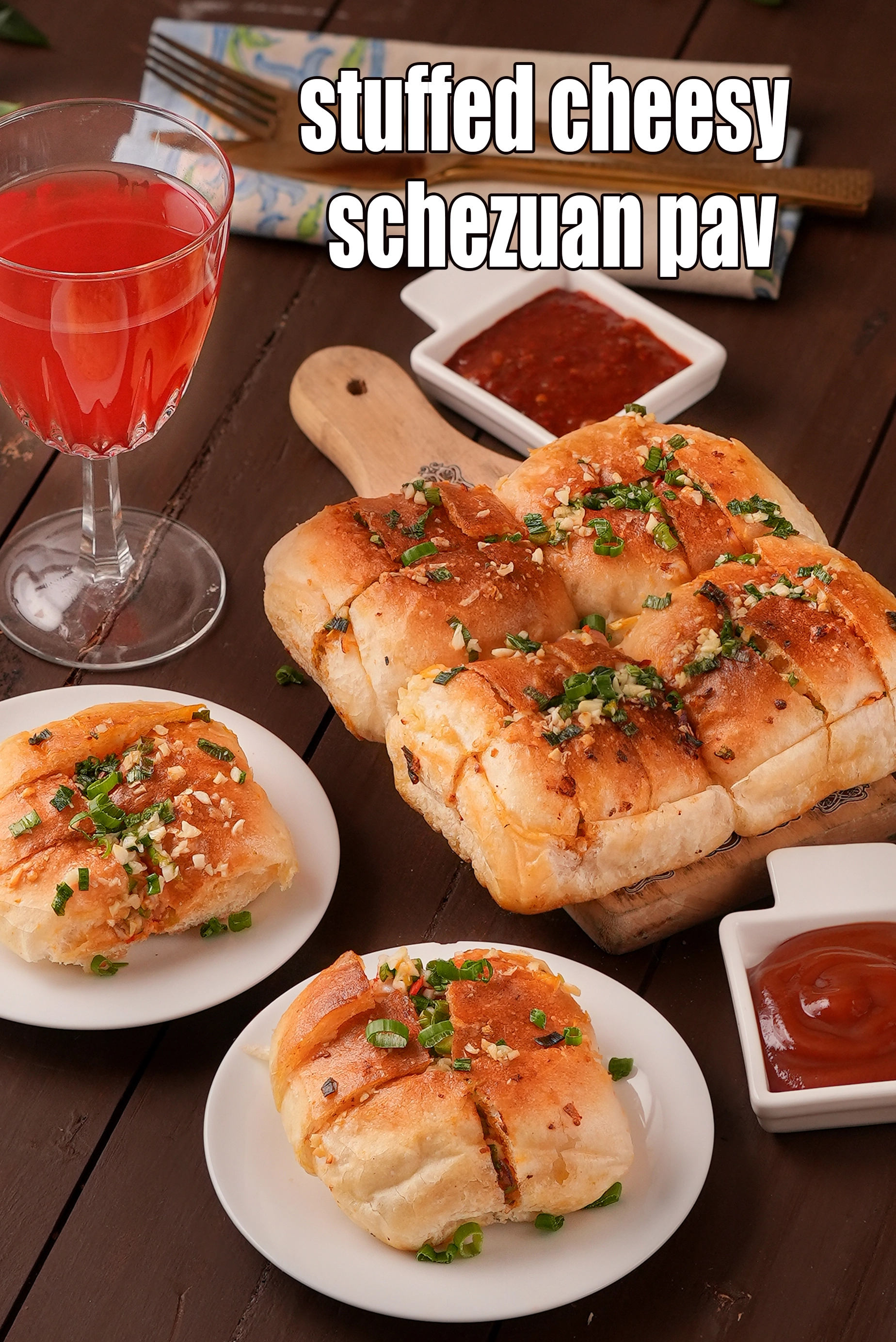
-10876.webp)
